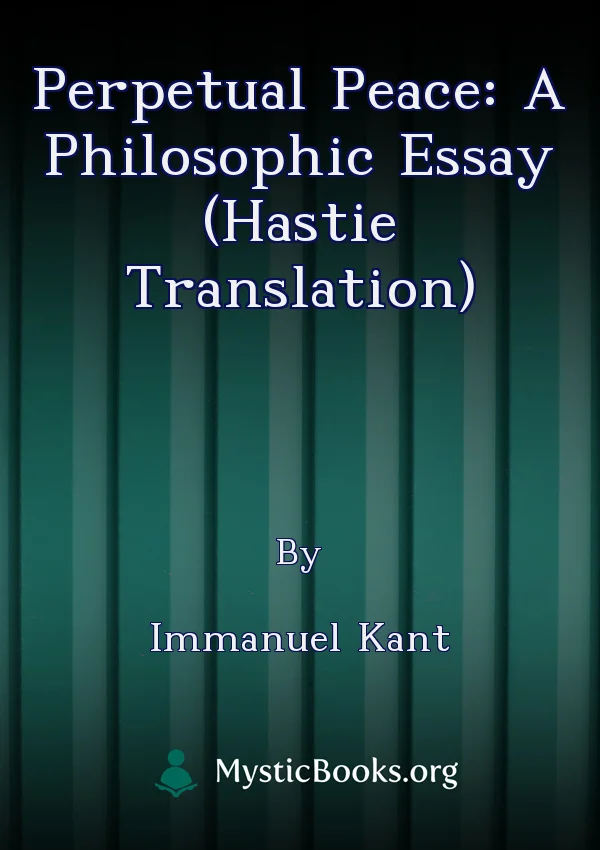
Perpetual Peace: A Philosophic Essay (Hastie Translation)
'Perpetual Peace: A Philosophic Essay (Hastie Translation)' Summary
In 'Perpetual Peace,' Immanuel Kant, a prominent Enlightenment philosopher, lays out a blueprint for achieving lasting peace between nations. He argues that achieving peace requires a fundamental shift in how nations interact, moving away from the pursuit of power and toward a system of international cooperation. Kant proposes a federation of states, akin to a 'league of nations,' where nations maintain their sovereignty but agree to resolve disputes peacefully and uphold common principles of justice. The book delves into the nature of war, the role of morality in international relations, and the practical challenges of implementing his vision. It explores the tension between moral principles and political pragmatism, offering a critique of the justifications often used to legitimize war.Book Details
Language
EnglishOriginal Language
Published In
Genre/Category
Tags/Keywords
Authors
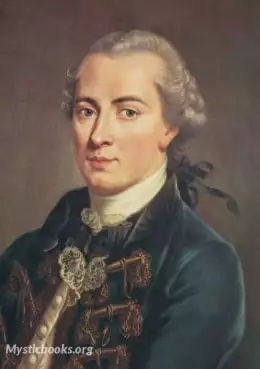
Immanuel Kant
Prussia
Immanuel Kant was a German philosopher and one of the central Enlightenment thinkers. Kant's comprehensive and systematic works in epistemology, metaphysics, ethics, and aesthetics have made him one o...
Books by Immanuel KantDownload eBooks
Listen/Download Audiobook
Related books
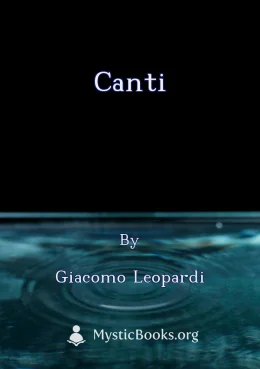
Canti by Giacomo Leopardi
The Canti by Giacomo Leopardi is a collection of poems that explores themes of pessimism, boredom, and the decline of the Italian nation. Leopardi's u...
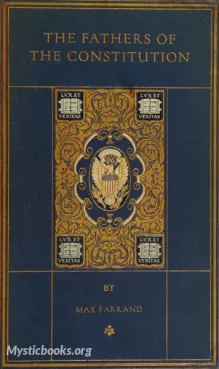
The Chronicles of America Volume 13 - The Fathers of the Constitution by Max Farrand
Uncover the hidden secrets and pivotal decisions that shaped the very foundation of the United States in "The Fathers of the Constitution," Volume 13...
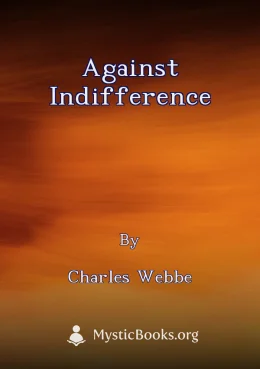
Against Indifference by Charles Webbe
LibriVox volunteers bring you 17 different recordings of Against Indifference by Charles Webbe. This was the weekly poetry project for the week of Jan...
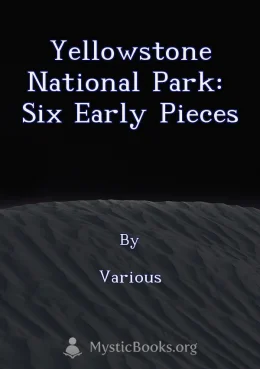
Yellowstone National Park: Six Early Pieces by Various
This collection of early accounts brings to life the exploration and discovery of Yellowstone National Park. It features government reports, magazine...
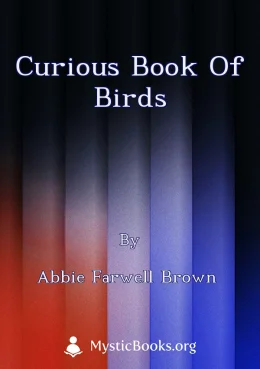
Curious Book of Birds by Abbie Farwell Brown
This book explores the rich history and folklore surrounding birds, focusing on the whimsical and often forgotten fancies that have been associated wi...
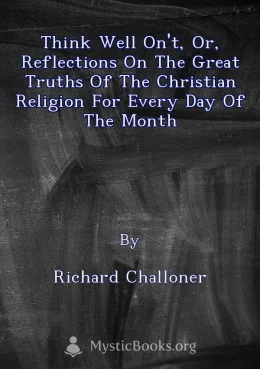
Think well on't, or, Reflections on the great truths of the Christian religion for every day of the month by Richard Challoner
This book offers daily reflections on fundamental Christian doctrines, aiming to guide readers in their understanding and practice of the faith. Bisho...
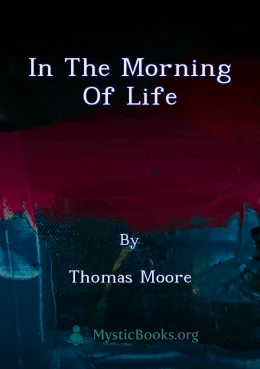
In the Morning of Life by Thomas Moore
In the Morning of Life, Thomas Moore explores the themes of youthful awakening and the beauty of the natural world through a collection of insightful...
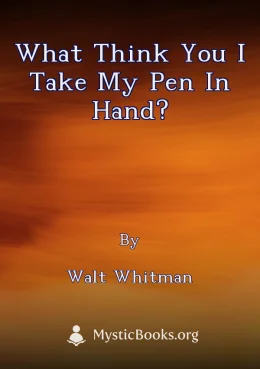
What Think You I Take my Pen in Hand? by Walt Whitman
LibriVox volunteers bring you 15 different recordings of What think you I take my pen in hand? by Walt Whitman. This was the weekly poetry project for...
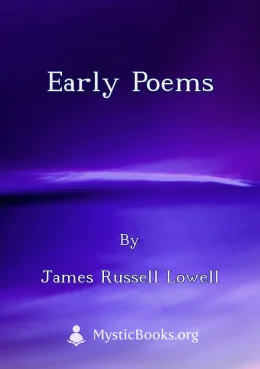
Early Poems by James Russell Lowell
This collection compiles a selection of early poems by James Russell Lowell, a prominent American writer and critic. It offers insight into his early...
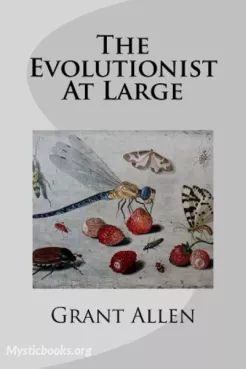
The Evolutionist at Large by Grant Allen
This is a thrilling tale that combines the captivating realms of science and suspense. From the very first page, readers are plunged into an enigmatic...
Reviews for Perpetual Peace: A Philosophic Essay (Hastie Translation)
No reviews posted or approved, yet...